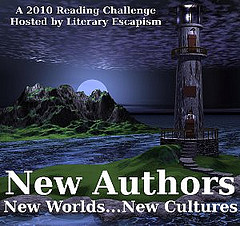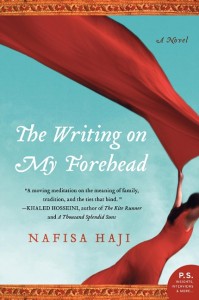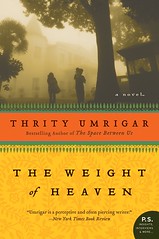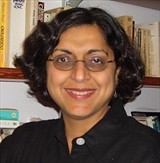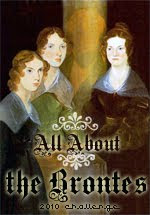I knew at the end of last year that I had signed up for too many reading challenges, especially since the little one was going to be born early on in the new year (2011), but I signed up for a ton anyway.
For those who are interested, I’m going to share with you some results. First I read 107 books this year, which is a feat considering the life changes of a new baby and house that occurred. I finished 2 read-a-longs (IT by Stephen King and Enemy Women by Paulette Jiles), but failed a third (Villette by Charlotte Bronte). I hosted my own challenge — 2011 Fearless Poetry Exploration Reading Challenge, which wasn’t as successful as I’d hoped, but was renewed for 2012.
Ok, the challenges I failed to complete are:
- 2011 Audio Book Challenge, which I signed up for 3 audio books and only listened to 1. I had grand plans for listening to 2 others, but alas, with no commute and working from home, that didn’t happen.
- Nordic Reading Challenge 2011, which I signed up to read 3 books, particularly those by Steig Larsson that I’ve wanted to read forever. It just didn’t happen.
- 2011 Sookie Stackhouse Reading Challenge, which was informal with Dar of Peeking Between the Pages, and I’m not sure if she read any either. I only have to read beginning with book 5 through the rest, but it didn’t happen either.
These are the challenges I completed:
Ireland Reading Challenge, which I signed up to read 2 books.
Wish I’d Read That Challenge 2011, which I signed up to read 3 books and actually read 18.
2011 New Authors Reading Challenge, which I signed up to read 25 new-to-me authors and read 77.
2011 U.S. Civil War Challenge that I co-host with Anna and barely finished with just three books.
2011 Fearless Poetry Exploration Challenge that I signed up to read 5-10 books and actually read 33.
South Asian Reading Challenge, which I signed up to read 3 books.
Finally, even though the Reagan Arthur Challenge is perpetual, I’m dropping this from my list because I never seem to get to the books.
This year I’m experimenting with selling my Best of 2011 list to those interested for $9, and the list includes just poetry and fiction since that’s mainly what I read and review here. Anyone who wants the list can send payment through PayPal to savvyverseandwit AT gmail DOT com or if you need other arrangements send me an email, and I will email you the link and password for the list.
In 2012, I hope to read as much or more books, finish all my challenges, and have lots of fun with the blog and reading. I also plan to get back to writing…

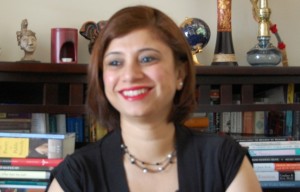 About the Poet:
About the Poet: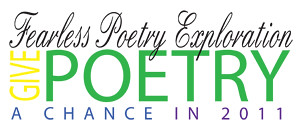
 This is my 3rd book and final book for the
This is my 3rd book and final book for the 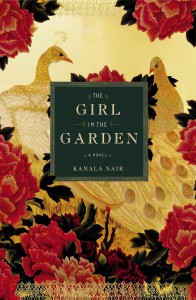


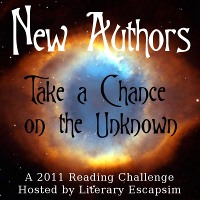



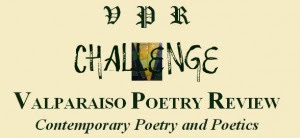
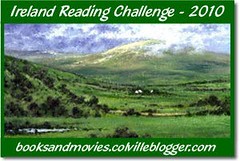




 I’ve read 9 out of 12 books for this challenge. Check them out
I’ve read 9 out of 12 books for this challenge. Check them out 


 I’ve read 2 out of 6 vampire books from any series. Check them out
I’ve read 2 out of 6 vampire books from any series. Check them out 
 Chitra Banerjee Divakaruni‘s One Amazing Thing is brilliant in its ability to capture reader’s attention and hold it throughout the narrative as the points of view change and characters share a life-changing moment. Divakaruni’s writing places readers in the room with her characters and traps them there, making the terror of their impending doom real. Each character is at the visa office seeking papers to travel back to India when something happens and causes the building to partially collapse upon them.
Chitra Banerjee Divakaruni‘s One Amazing Thing is brilliant in its ability to capture reader’s attention and hold it throughout the narrative as the points of view change and characters share a life-changing moment. Divakaruni’s writing places readers in the room with her characters and traps them there, making the terror of their impending doom real. Each character is at the visa office seeking papers to travel back to India when something happens and causes the building to partially collapse upon them. About the Author:
About the Author: